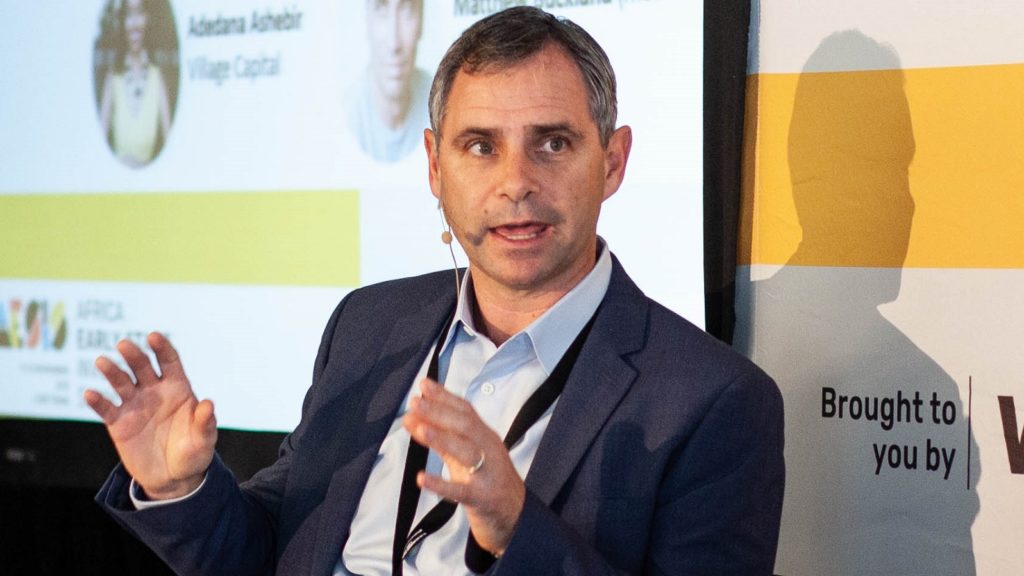The global investor outlook is shifting quickly downward, with many macro approaches underperforming due to risks from trade wars, political uncertainty and inflation.
Yet one investment thesis remains relatively intact — technology is empowering smaller businesses to get started with minimal capital and innovate rapidly to outperform their larger competitors.
No ad to show here.
These startups are not significantly influenced by macro-economic factors and are nimble enough to navigate with or around them.
In this context, it was exciting to attend online startup funding platform VC4A and the African Business Angels Network’s (ABAN) African Early Stage Investor Summit held earlier this month in Cape Town.
Read more: Africa no Silicon Valley and other key takeaways from AESIS 2018 VC summit
Read more: Here’s why the World Bank Group moved to launch the Afrique Excelle programme
Read more: Obsession with raising $1bn to become a unicorn is wrong says Silvertree man
It was the start of Global Entrepreneurship Week that included AfricaCom and AfricArena in the city now referred to among tech investors as “Silicon Cape”.
‘African startup investors with a diversified portfolio can make strong double-digit returns’
Early-stage investors (also known as business angels — for the serendipitous capital and advice they give startups) are organising into groups in many of Africa’s tech hubs (including Lagos, Nairobi and Cairo). In South Africa there is a group in Cape Town (Dazzle Angels) and Jozi Angels is expanding in Gauteng.
In discussions with investors and entrepreneurs from across the continent over the past week, I updated my 5T approach for evaluating startups to provide a framework for investors looking to back local startups, namely:
- Target market: create or lead a niche in the local country, be able to expand this regionally, then across Africa and other emerging markets and finally to developed markets.
- Technology or product: unique and defensible (ideally with some intellectual property and patents) that is designed to scale at increasing profit margins.
- Team: a great founding team with a mix of innovative thinking, selling skills and execution focus. They should know their local market extremely well, also being confident of how they can expand their team to cover their growth plan.
- Traction: proof that customers want and will pay for the product. Social media followers or likes are of little value without intent – as Jeff Bezos (Amazon.com founder) remarked “the only thing that’s disruptive is customer adoption”.
- Terms: reasonable valuation that compensates investors for the high risks of startups. I use a guide of a probable 10x upside if the business executes according to their plans and a possible 100x if a “dream outcome” occurs. Given the dearth of initial public offerings (IPOs) in Africa for early-stage businesses, these outcomes rely on a strategic corporation acquiring the startup in three to 10 years. The 100x is only likely if a startup can scale to be the African winner for its defined product category.
Early-stage investors with a diversified portfolio (at least 10 startups over time) can make strong double-digit returns on their capital.
In Africa, most startups also significantly improve the daily lives of their customers, whilst also creating jobs as the startups grow. With returns with an impact that are not dependent on the macro economy — a new investor paradigm across the continent beckons.
*Craig Mullett is President of Branison Group, a corporate finance firm based near New York City, and a co-founder of the SA Business Angel Network (SABAN).
Featured image: SA Business Angel Network (SABAN) co-founder Craig Mullett pictured at a forum at the Africa Early Stage Investor Summit held in Cape Town earlier this month (Supplied)
